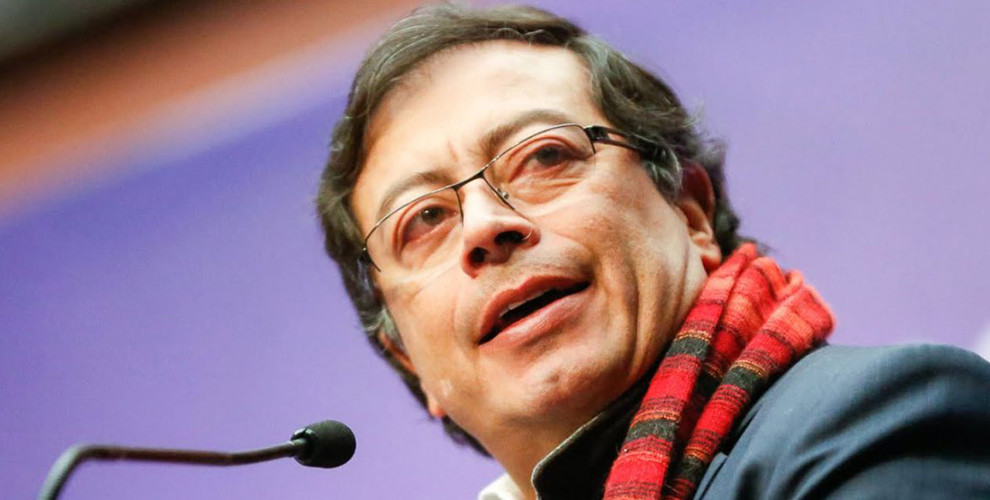Ivan Duque and Gustavo Petro go to second turn in Colombia - NEW
Colombia is split between change and continuity
Colombia is split between change and continuity

Colombian voters voted on Sunday 27 May in the first round of the presidential elections.
With a participation of 53%, more than 10% compared to its previous similar, these were the first Presidential election after the signature of the Final Peace Agreement (in November 2016). The participation was also higher than the parliamentary elections, last March.
The results returned as winner Iván Duque, the candidate and godson of the ex-president Alvaro Uribe, representative of a right linked to the most conservative and his old violent practices, with a total of the 39% of votes.
Second place for the "incorrect" candidate, Gustavo Petro, representing the center-left and social democratic positions, who managed to get just over 25% of the vote.
The surprises on this election day have been: the almost 24% obtained by Sergio Fajardo, former mayor of Medellín and former governor of Antioquia, who was a candidate for Vice-president of the "Green" list at the 2010 Presidential election.
The other novelty has been the resounding failure of candidate Vargas Lleras, a member of the old oligarchy who appeared as heir of the current president, and who has been in a distant fourth position, with just under 8%.
In two weeks, on 17 June, Colombians will have to choose between Iván Duque and Gustavo Petro.
Duque is a neoliberal representative of the old oligarchy, enemy of any agreement with the guerrillas, supporter of an intimate friendship with the US, and of an active belligerence against its neighbor Venezuela.
Gustavo Petro promotes social policies, state intervention in the economy, internal peace processes and dialogue with Venezuela.
In the next two weeks campaign we will have to see the capacity to add voters and wills from the various sensitivities that have supported the other candidates this Sunday, especially a distrustful left and abstentionist sectors.
Finally, it must not be forgotten that more than 1,500 complaints of electoral crimes and possible fraud for this first round have been exposed.
An issue, that of fraud, that could well define the outcome of the final election if it were very closed.